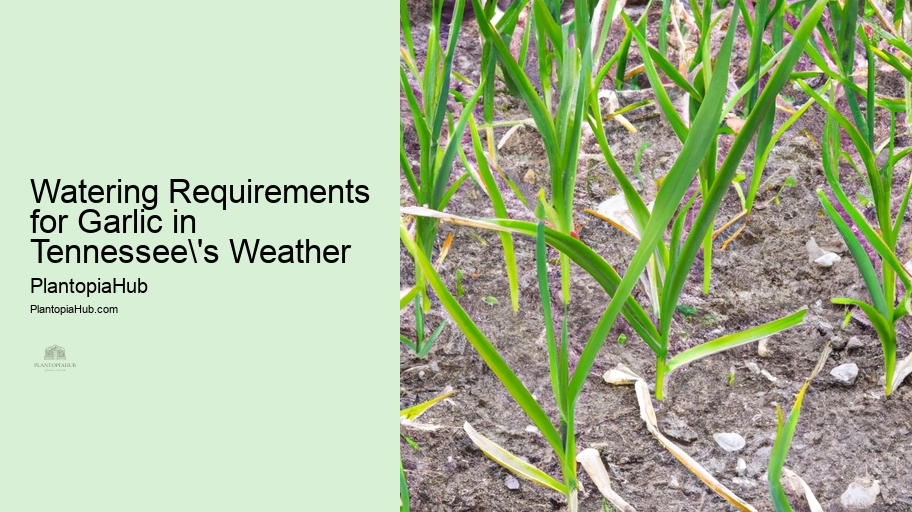

If you aim to produce organic garlic in Tennessee, understanding certification and regulations is essential.
Meeting these standards and obtaining organic certification can open up premium markets for your garlic.
In conclusion, navigating certification and regulations for organic garlic is a vital aspect of ensuring your products meet high-quality organic standards in Tennessee.
Biodynamic Farming PrinciplesCreating a garlic planting calendar tailored to your Tennessee location is crucial for successful garlic farming.
A well-planned calendar ensures you maximize your garlic crop's potential and optimize yields.
In conclusion, developing a customized garlic planting calendar is a key step for Tennessee garlic farmers to plan their growing season effectively.
The future of garlic farming in Tennessee holds promise. As consumer interest in locally grown, organic produce continues to rise, garlic's popularity is expected to grow.
Staying forward-thinking and innovative is essential for the future of garlic farming in Tennessee.
In conclusion, embracing the future of garlic farming involves staying informed and adaptable to evolving trends and opportunities.
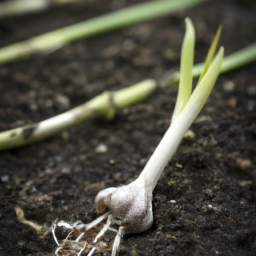
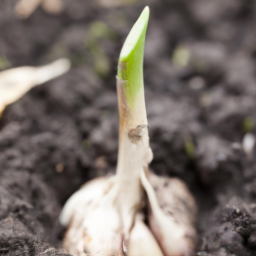
Understanding the connection between garlic and soil health is crucial for Tennessee farmers. Climate Change Adaptation Strategies Garlic, with its natural antimicrobial properties, can contribute to improved soil microbiology. Its growth cycle also aids in soil aeration and nutrient cycling.
Incorporating garlic into crop rotations and soil-building strategies can enhance the overall health of Tennessee farmlands.
In conclusion, recognizing the symbiotic relationship between garlic and soil health is essential for sustainable farming practices in Tennessee.
Effective marketing strategies are essential for small-scale garlic producers in Tennessee. Organic Pesticides Utilize online platforms, farmers' markets, and community events to promote your garlic.
Building a strong brand and connecting with local consumers are key elements of successful marketing.
In conclusion, implementing targeted marketing strategies can help small-scale garlic producers thrive in Tennessee's competitive agricultural landscape.
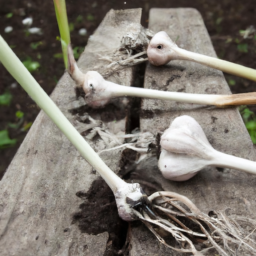
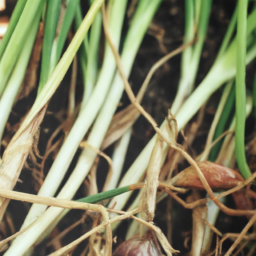
Managing farm biodiversity is crucial for balancing garlic farming and wildlife conservation in Tennessee.
Coexisting harmoniously with wildlife promotes ecological balance and sustainable farming practices.
In conclusion, finding ways to manage farm biodiversity alongside garlic farming contributes to a healthier and more resilient agricultural ecosystem in Tennessee.
Highlighting the benefits of garlic in a balanced diet can encourage individuals in Tennessee to incorporate more garlic into their meals. Garlic is low in calories and rich in vitamins, minerals, and antioxidants, making it a valuable addition to a healthy diet.
Its culinary versatility allows for various preparations, enhancing the flavor and nutritional value of dishes.
In conclusion, promoting garlic as a dietary staple emphasizes its role in supporting overall health and wellness in Tennessee.
Garlic Yield Optimization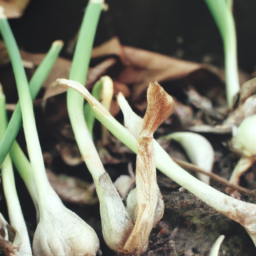
To protect your garlic crop from winter frost in Tennessee, consider applying a thick layer of mulch, such as straw or leaves, around your garlic plants in late fall. This mulch acts as insulation, preventing the soil from freezing and safeguarding the garlic bulbs. In extremely cold regions, you can also use row covers or cloches to provide additional frost protection. Be sure to maintain proper airflow to avoid condensation, which can lead to mold and rot.
The optimal time for planting garlic in Tennessee typically falls between late September and early November. It's important to consider your specific location within the state, as warmer regions may benefit from earlier planting in September, while cooler areas may choose a late October start. Monitoring local temperature trends and referring to the USDA hardiness zone map for Tennessee can help determine the best planting window.
Crop insurance is essential for garlic farmers in Tennessee because it provides financial protection against unforeseen events that can impact crop yields, such as adverse weather conditions or crop failures. By investing in crop insurance, garlic farmers can secure their income and minimize potential losses, ensuring financial stability and peace of mind during challenging seasons.